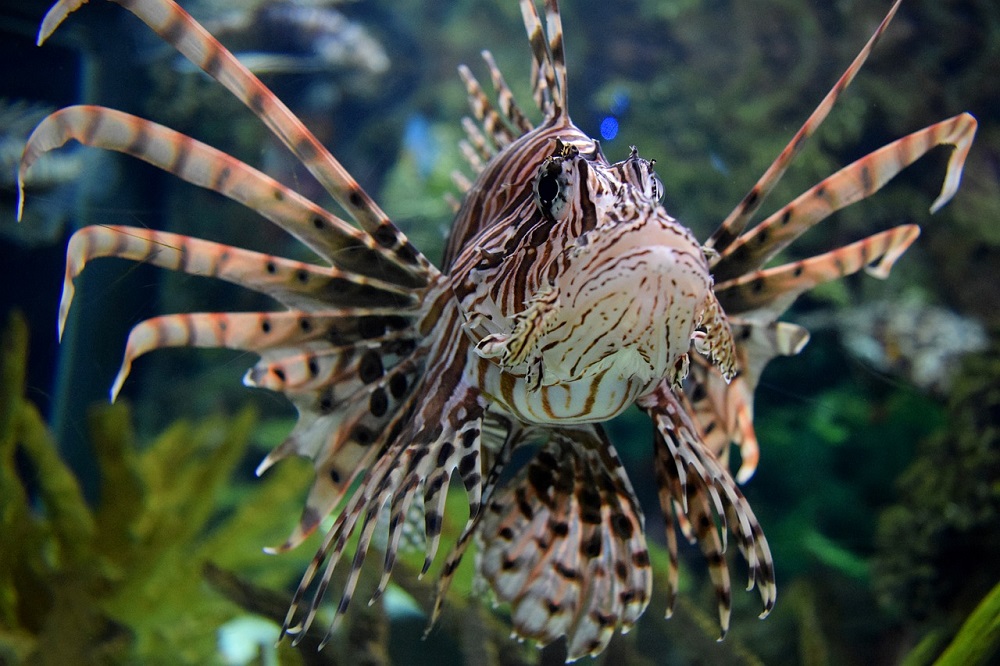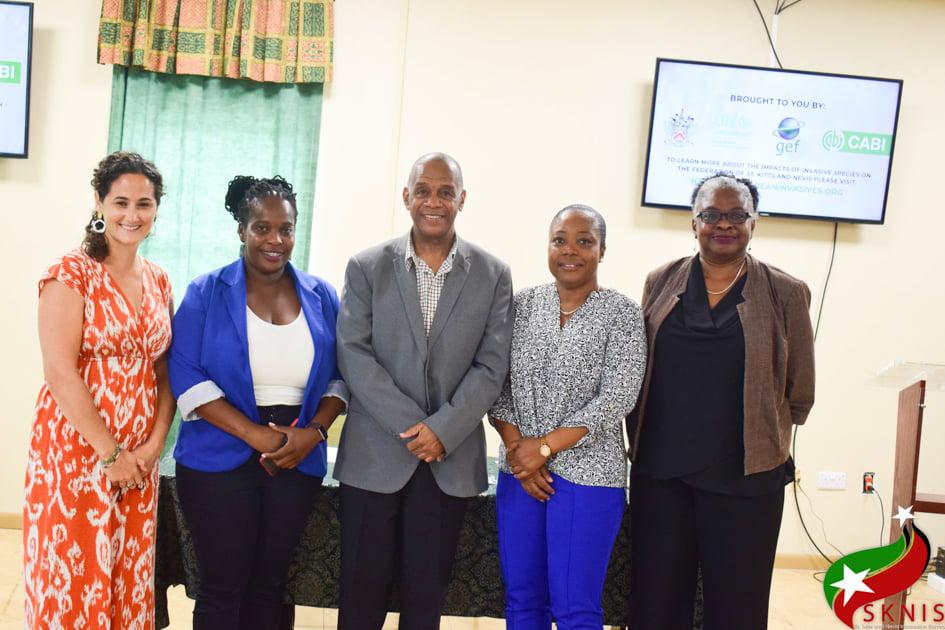
The Minister of Environment for the Government of St Kitts and Nevis has officially launched a communication, education and public awareness campaign for the CABI-led project ‘Preventing Costs of Invasive Alien Species (IAS).’
Media outlet ZIZ reports that the IAS project is executed CABI, implemented by the UN Environment Programme, and funded by the Global Environment Facility with co-financing from the Government of St Kitts and Nevis.
The IAS project’s communications team has spent the past year developing a communication strategy aligned to the needs of the Federation of St Kitts and Nevis. Additionally, research and engagement with key stakeholders has been ongoing in collaboration with the Department of Agriculture and Dr Kerry M. Dore, the National Coordinator for this project.
Some of the priority IAS for St Kitts and Nevis were highlighted: rats (Rattus rattus and Rattus norvegicus), lionfish (Pterois volitans), wild tamarind (Leucaena leucocephala), mongoose (Herpestes javanicus), and the green monkey (Chlorocebus sabaeus). They have entered the Federation through various pathways. Some were brought in unintentionally through trade and transport, but as Minister Evelyn outlined, many problematic plants and animals often enter our borders intentionally via local persons.
In highlighting the importance of stakeholder partnership for controlling and managing the spread of IAS in St Kitts and Nevis, Minister of Environment Mr Eric Evelyn noted that: “The Ministry of Environment, in collaboration with other government departments, the private sector, NGOs, and community partners such fisherfolk and farmers, will ensure that public awareness is raised in the management and spread of IAS which threaten biodiversity and sensitive ecosystems.”
Minister Evelyn also stated that: “While monkeys and donkeys are for some the most obvious and problematic IAS, we must bear in mind some species like the lionfish and mongoose have become increasingly problematic to fishing livelihoods and homeowners.”

You can read the story in full here.
Additional information
Main photo: lionfish (Pterois volitans) is just one invasive alien species of concern for St Kitts and Nevis (Credit: Pixabay).
Relevant news story
See also the news story ‘CABI supports plans for a Caribbean Invasive Alien Species Trust Fund to mitigate threats to biodiversity.
1 Comment
Leave a Reply
Related News & Blogs
CABI warns that like on St Kitts and Nevis, invasive green monkeys could become a significant threat to crop production on other Caribbean islands
CABI has shared its expertise on the management of invasive species as part of a consultation on how to mitigate the impacts of the green monkey (Chlorocebus sabaeus) on food security in St Kitts and Nevis. A national consultation on the management of…
28 March 2023





cichlids are also one of the species that should be mentioned, they are a demanding type of fish. Most of all, they are quite aggressive and do not easily go along with other fishes. But cichlids can go along well with other cichlids, as well as with other fish. It is important, therefore, for you to know which cichlids go along well with each other, and which do not.